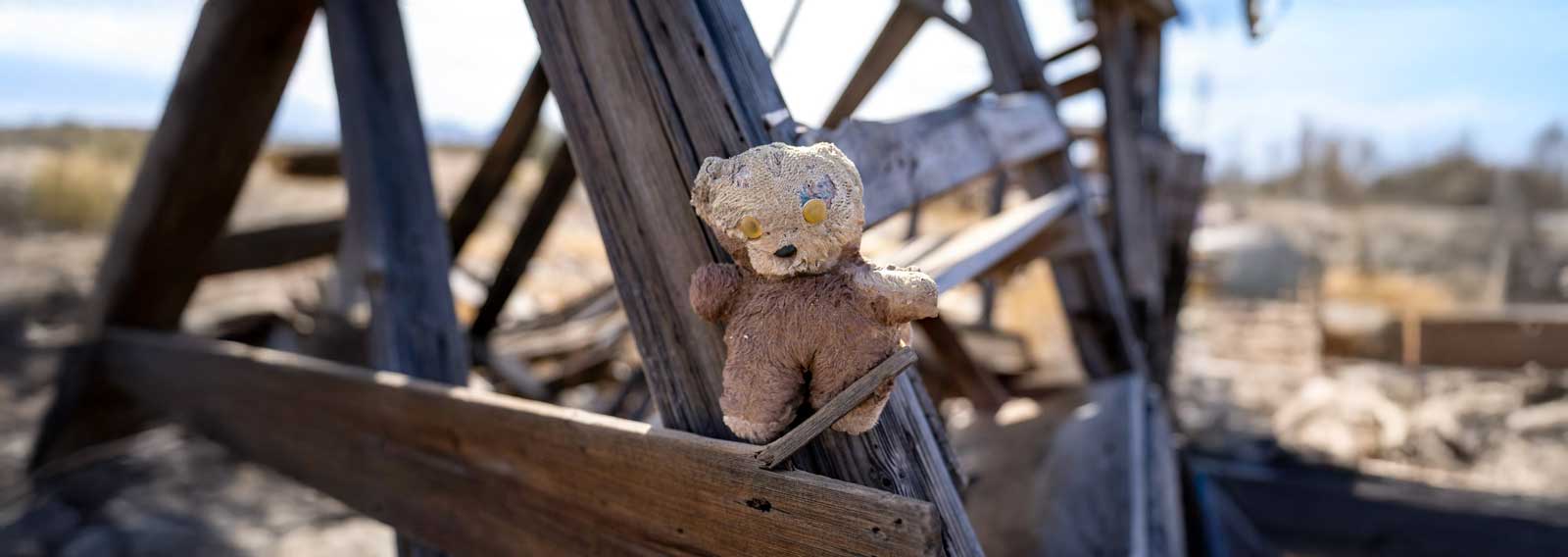A Childless Nation Is a Dead Nation · Caldron Pool

The Bible teaches that children are a precious gift from God, a heritage, and a reward to be treasured. They are not only a blessing to their parents but are also described as arrows in the hands of a warrior—indeed, a man with a full quiver is considered truly blessed (Psa. 127:3-4). Grandchildren, too, are portrayed as a crown to the elderly (Pro. 17:6). Beyond enriching individual families, children—especially those raised with godly values—play an essential role in securing the future of a nation.
When a nation faces a decline in birth rates, the crisis is not just within individual families but for the nation as a whole. A low birth rate means fewer children to carry on the legacy and responsibilities of society. To make up for this deficit, governments often resort to importing people from other nations to sustain the population. These “other people’s children” inherit the wealth and resources accumulated by families that no longer sustain their own future. For example, if one state were to cease having children altogether, in just 100 years, its population would be entirely replaced by people born elsewhere.
As such, a baby drought is not just a family issue; it’s a national crisis. And a national crisis that we face today. Many Western countries are experiencing historically low birth rates, leading to shrinking and aging populations. This demographic decline threatens not only economic growth by reducing the workforce and increasing the burden on social welfare systems, but also cultural continuity, as fewer children grow up to inherit and contribute to their societies.
Yet, amidst this crisis, Western governments continue to support the practice of abortion, further contributing to the decline in births. However, for a nation to survive and thrive, it must actively oppose practices that lead to childlessness and undermine the value of family life. This includes not only abortion, but also policies and societal pressures that discourage motherhood and fatherhood or make it financially unfeasible for families to live on a single income.
Imagine a nation without abortion.
One that helps new mums, & doesn't teach them that conceiving a child is the same as contracting an STD.
One that encourages adoption, & cares more about families.
Connect the dots. Legislate accordingly.
Hey presto: No more baby drought. https://t.co/yS85iejjjC
— Rod Lampard (@rod_lampard) June 30, 2025
High taxes, for instance, place a significant burden on families, making it harder to raise children. Additionally, pushing women into the taxpaying workforce at the expense of staying home to care for their children often leaves them torn between career and family. The cultural devaluation of motherhood and the absence of societal support for families only exacerbate the problem.
A profound cultural shift is needed to reverse this trend. A nation that fails to honour motherhood is a nation headed toward decline. If we care about the future of our country, we must demand policies that support family life. This means making it easier for families to have as many children as they desire without fear of financial ruin. We must reduce the tax burden on families and create an environment where raising children is seen as a worthy and fulfilling purpose.
This is not just a matter of policy; it’s a matter of national survival. We should act as though the future of our nation truly depends on it, because it does.